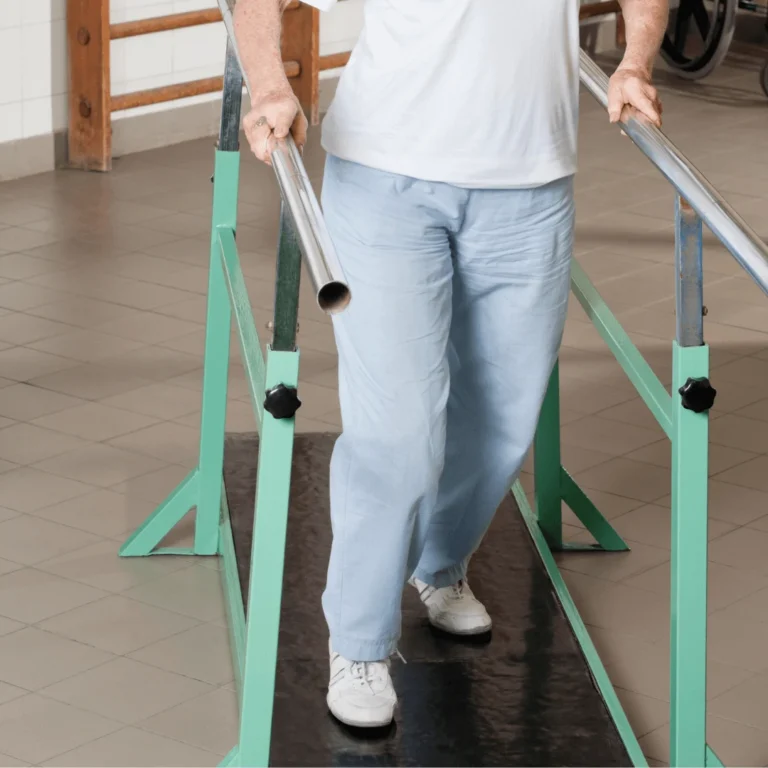As we age, our immune system slows down. This natural process, called immunosenescence, can leave older adults more vulnerable to infections, illness, and inflammation. But there’s good news: regular physical activity can help keep your immune system stronger for longer.
What Is Immunosenescence?
Immunosenescence is the gradual weakening of the immune system that occurs with age. It leads to:
- Increased susceptibility to infections
- Slower recovery from illness
- A higher risk of chronic inflammation and autoimmune issues
- Reduced effectiveness of vaccines
The immune system doesn’t stop working—but its ability to respond quickly and effectively weakens over time.
The Link Between Exercise and Immune Health
Multiple studies have shown that regular, moderate exercise can counteract many of the effects of immunosenescence. Here’s how:
1. Supports T-Cell Function
T-cells are essential for fighting viruses and harmful invaders. Exercise helps increase both the number and function of these important immune cells.
2. Reduces Chronic Inflammation
A sedentary lifestyle is linked to higher levels of chronic inflammation. Movement reduces levels of inflammatory cytokines, making the immune response more efficient and less damaging.
3. Improves Gut Health
Your gut plays a big role in immunity. Regular physical activity helps maintain healthy gut flora, which supports the immune system’s ability to detect and respond to threats.
4. Enhances Circulation
Exercise improves circulation, helping immune cells travel more freely throughout the body. This makes it easier for your system to detect and fight illness.
5. Balances Immune Response
People who exercise regularly tend to have a more stable immune response, avoiding the overreactions that often lead to autoimmune problems or lingering inflammation.
Recommended Exercises for Older Adults
Not every workout needs to be intense. Consistency is more important than intensity. Try incorporating:
- Walking – Even 20–30 minutes a day can make a difference.
- Swimming or water aerobics – Gentle on joints, great for overall conditioning.
- Tai Chi or yoga – Improves balance and reduces stress, which is also good for immunity.
- Strength training – Helps preserve muscle and reduce inflammation markers.
Talk to a healthcare provider before starting any new program, especially if you have pre-existing conditions.
Keep in Mind
You don’t need to run marathons to see benefits. In fact, too much strenuous exercise can temporarily weaken the immune system. Aim for consistency and balance instead.
Bonus Tip:
Feeling unmotivated? Try exercising with a friend, signing up for a senior fitness class, or listening to music or audiobooks while walking. Making it enjoyable increases the chances you’ll stick with it.
Final Thoughts
The immune system changes with age, but that doesn’t mean you’re powerless. By staying active, you’re giving your body the tools it needs to fight off illness and stay strong.
Click to watch the video on foxrochester.com
Published June 2024 • Updated August 2025
Reviewed by Debbie Marcello, Founder & CEO of Happier at Home
This content is for informational use only and does not replace medical advice.


